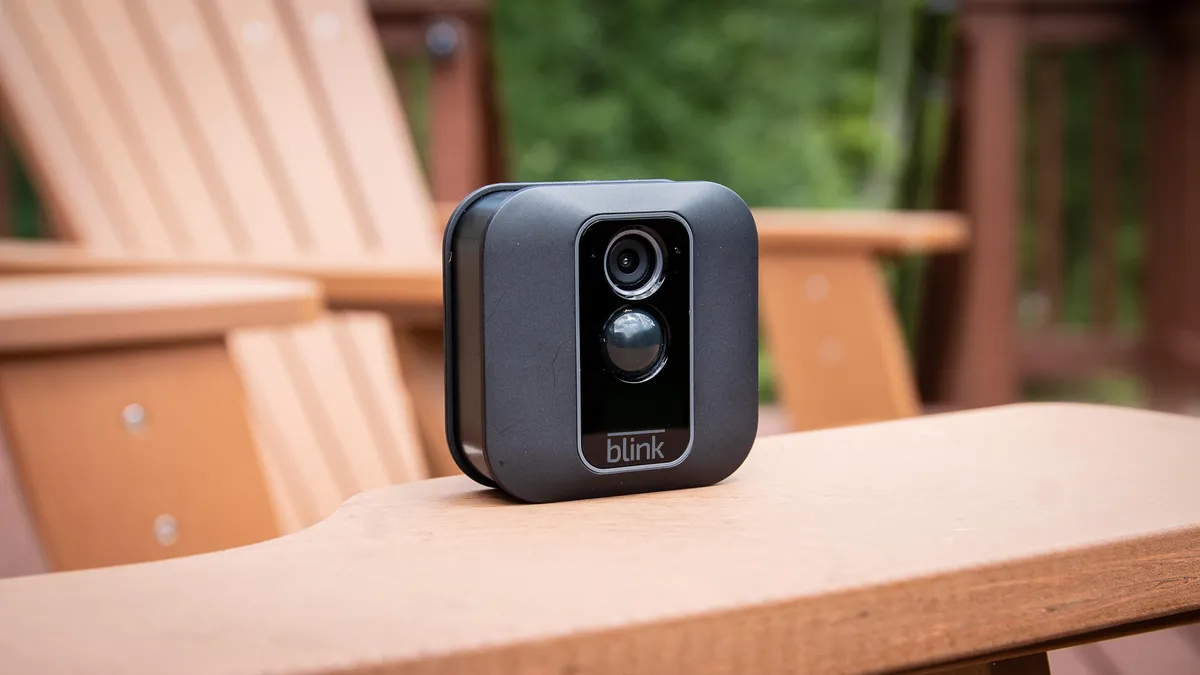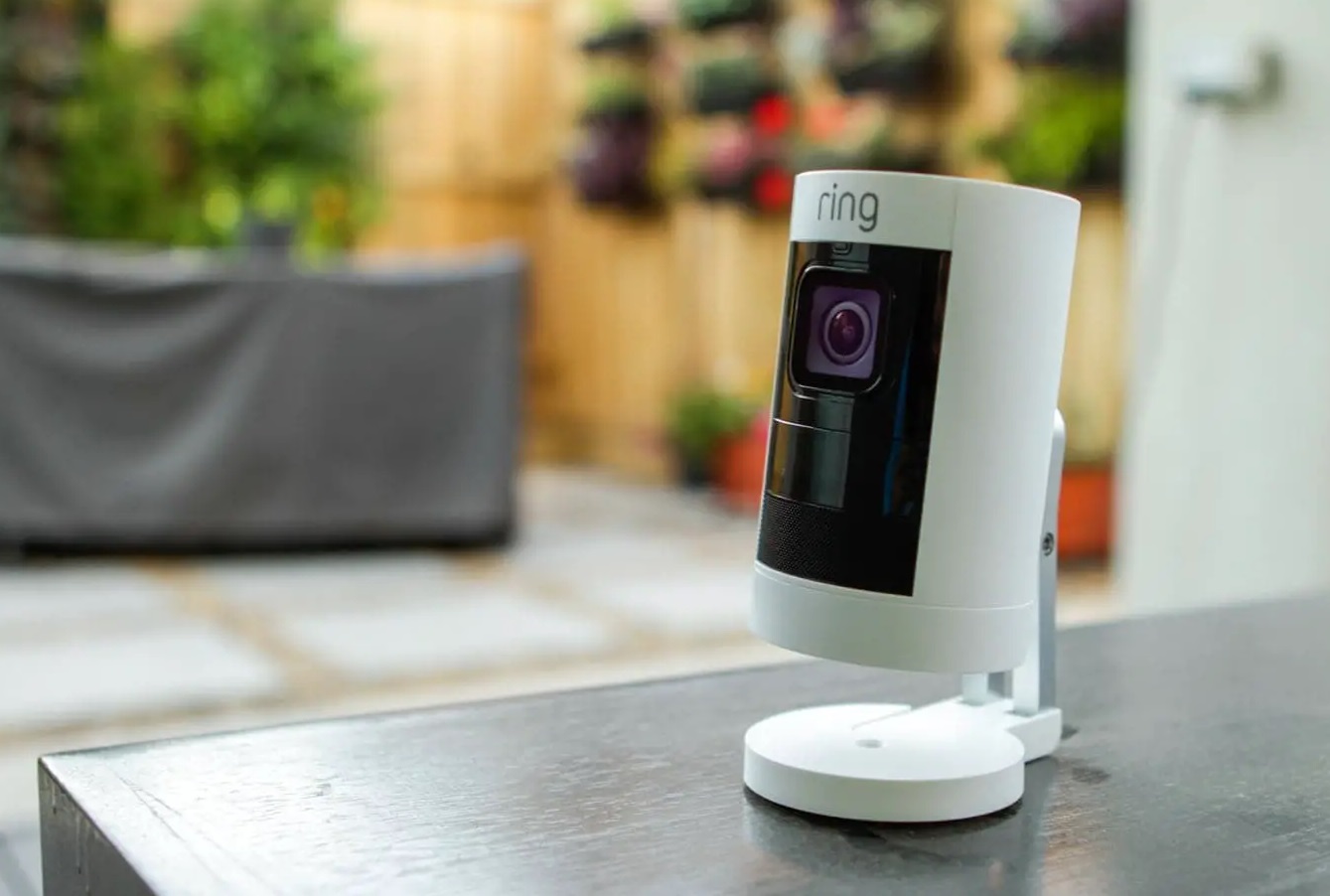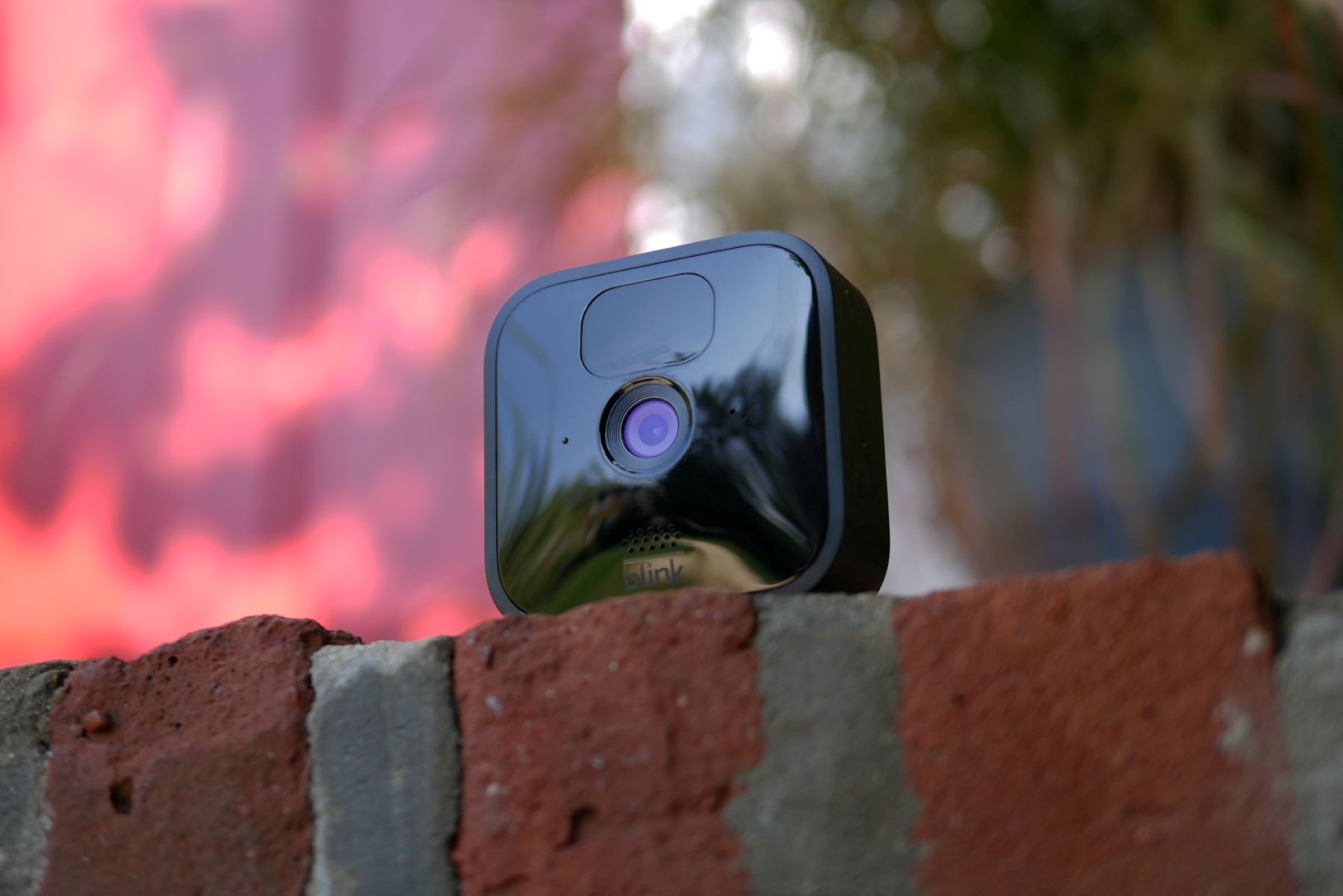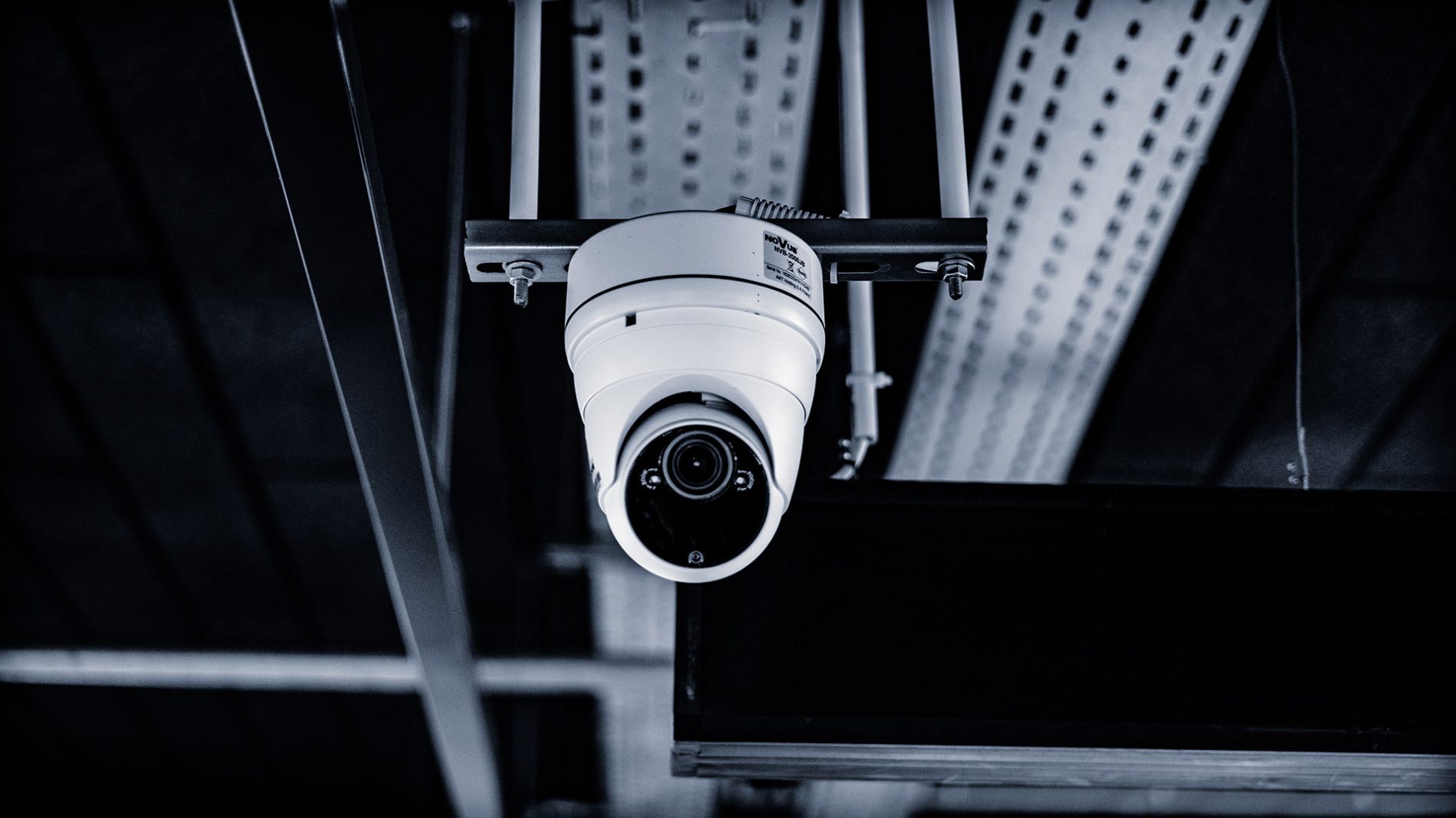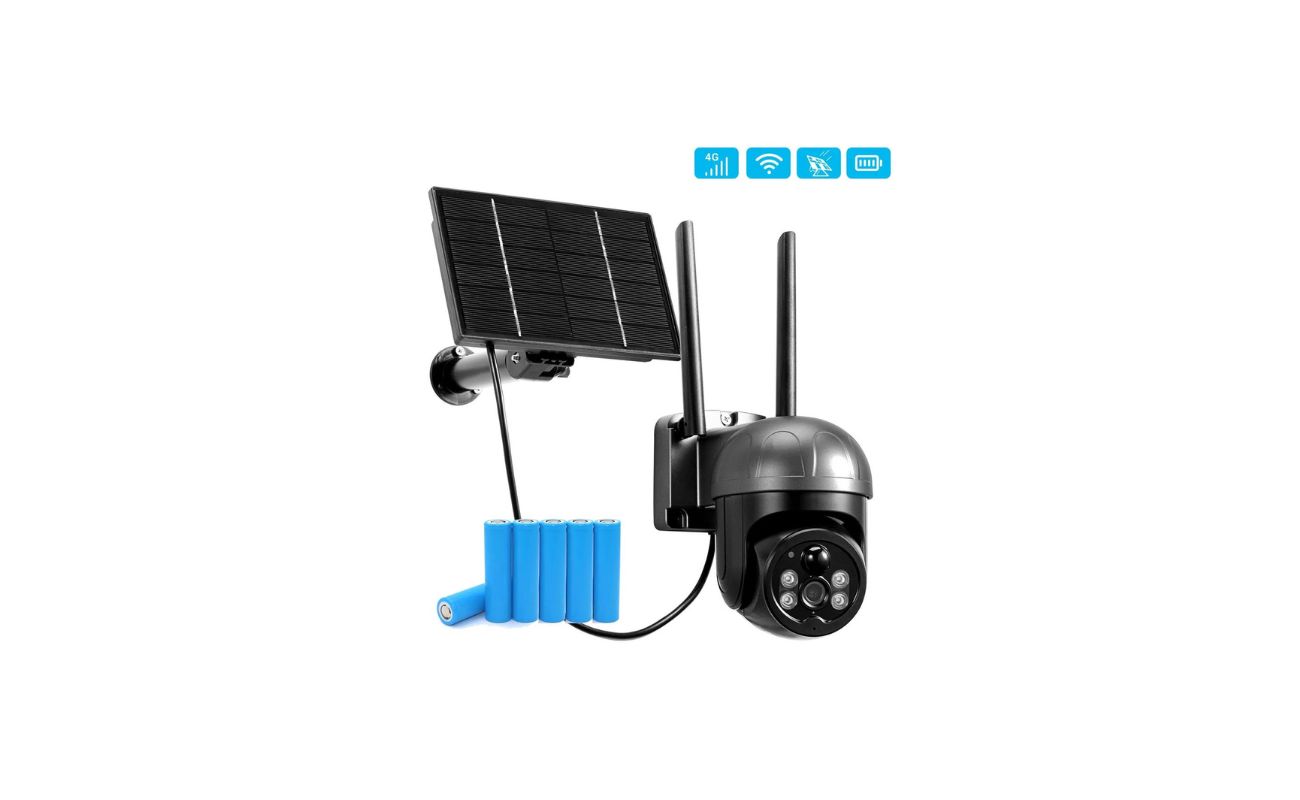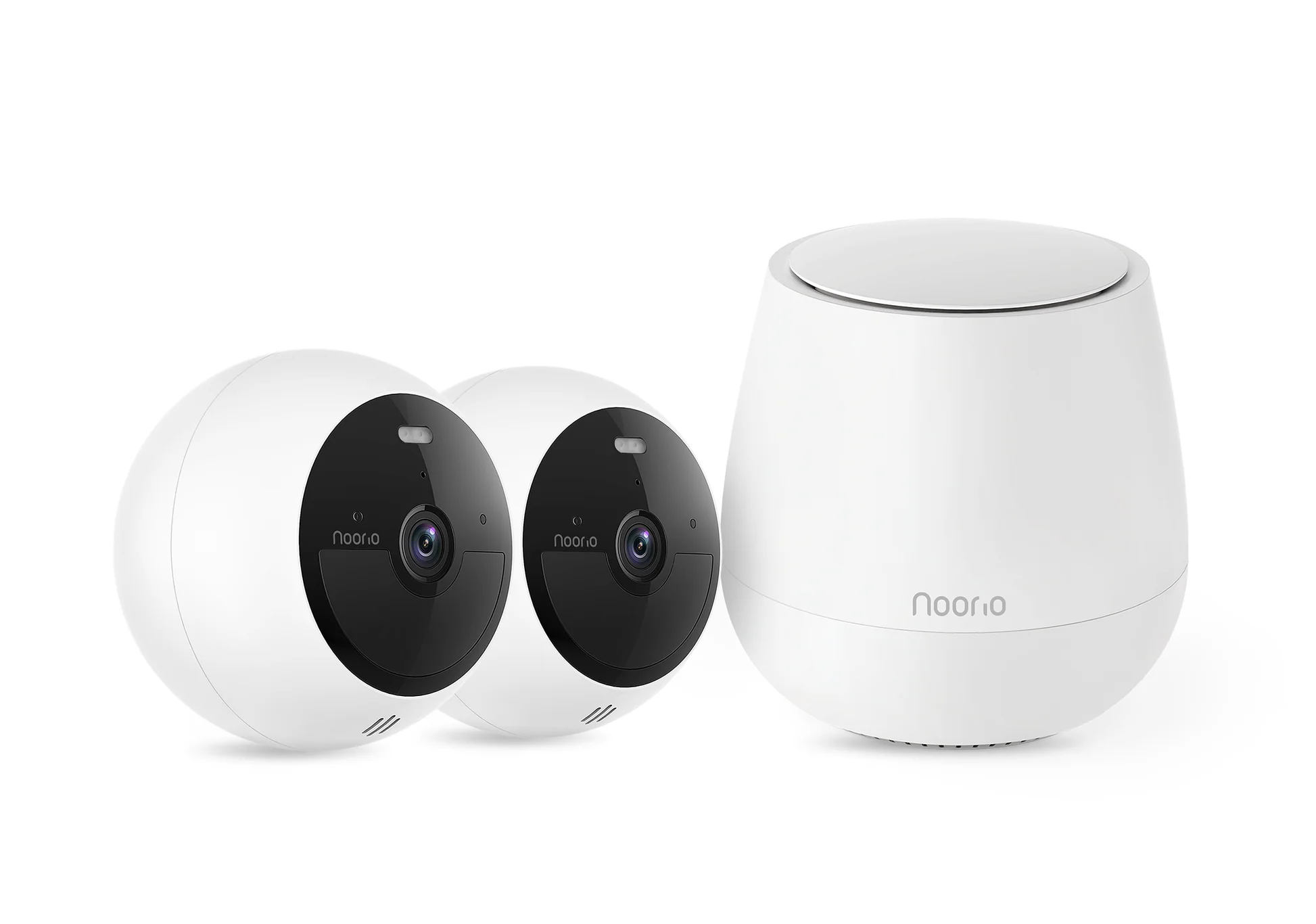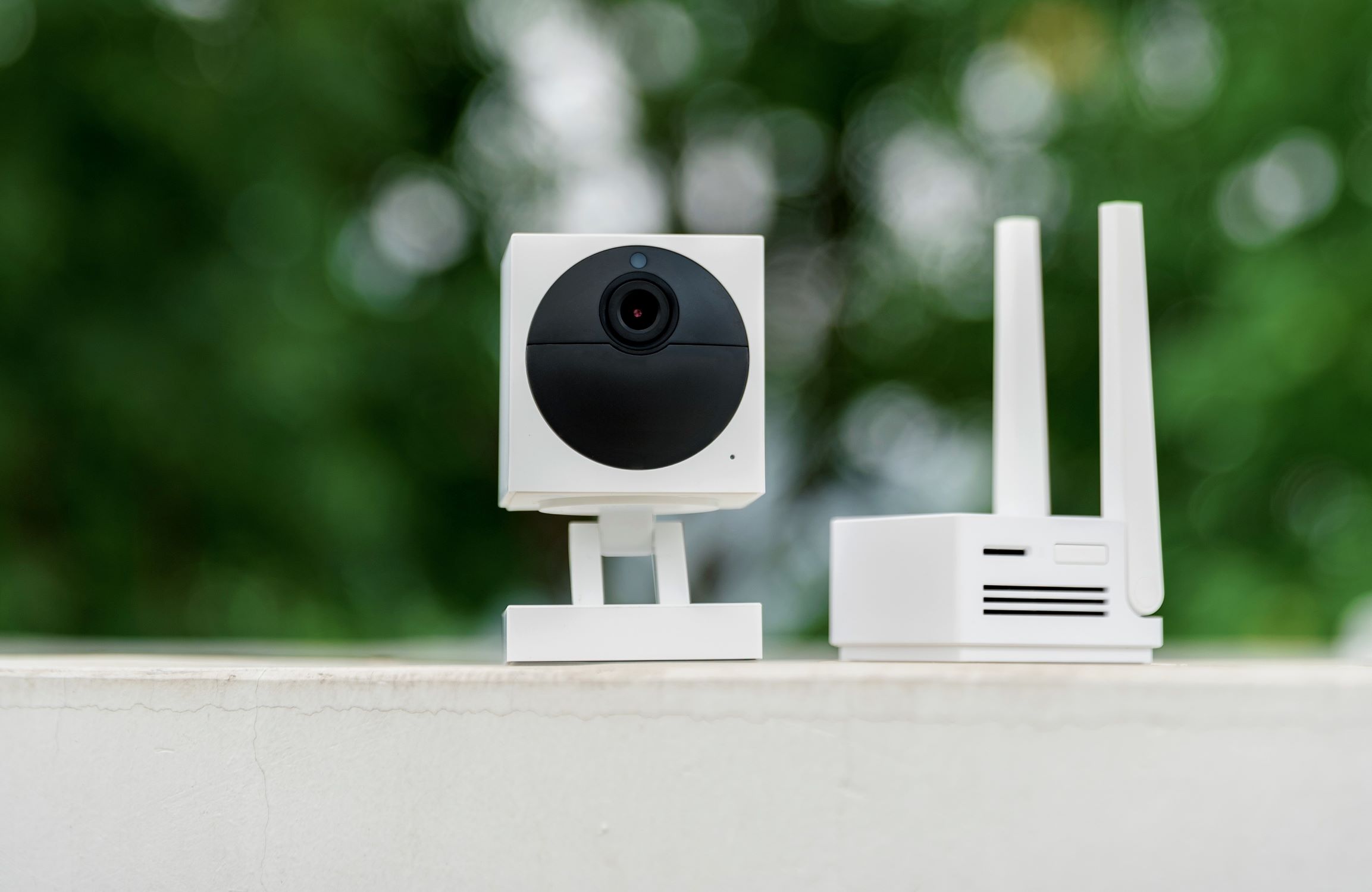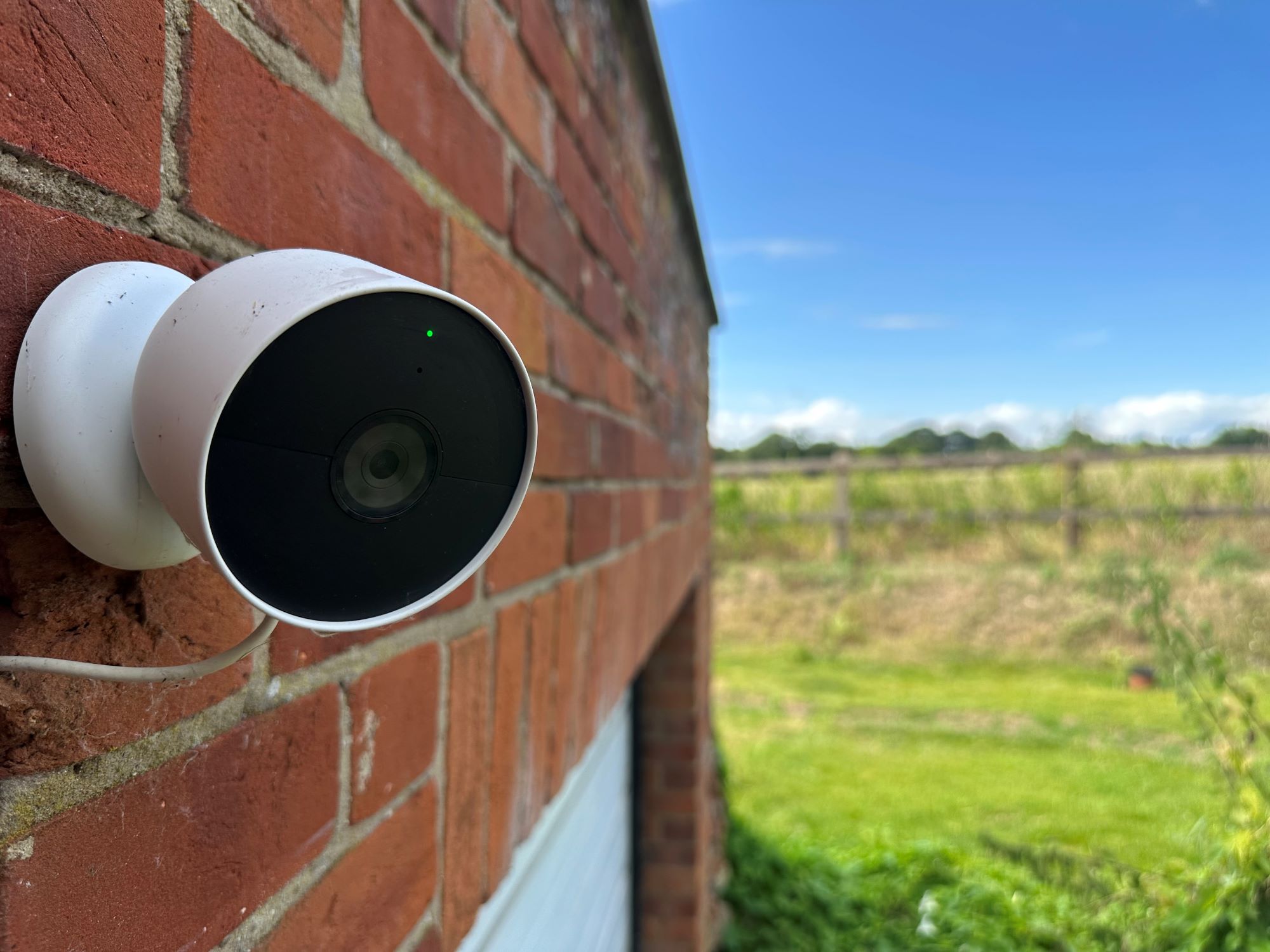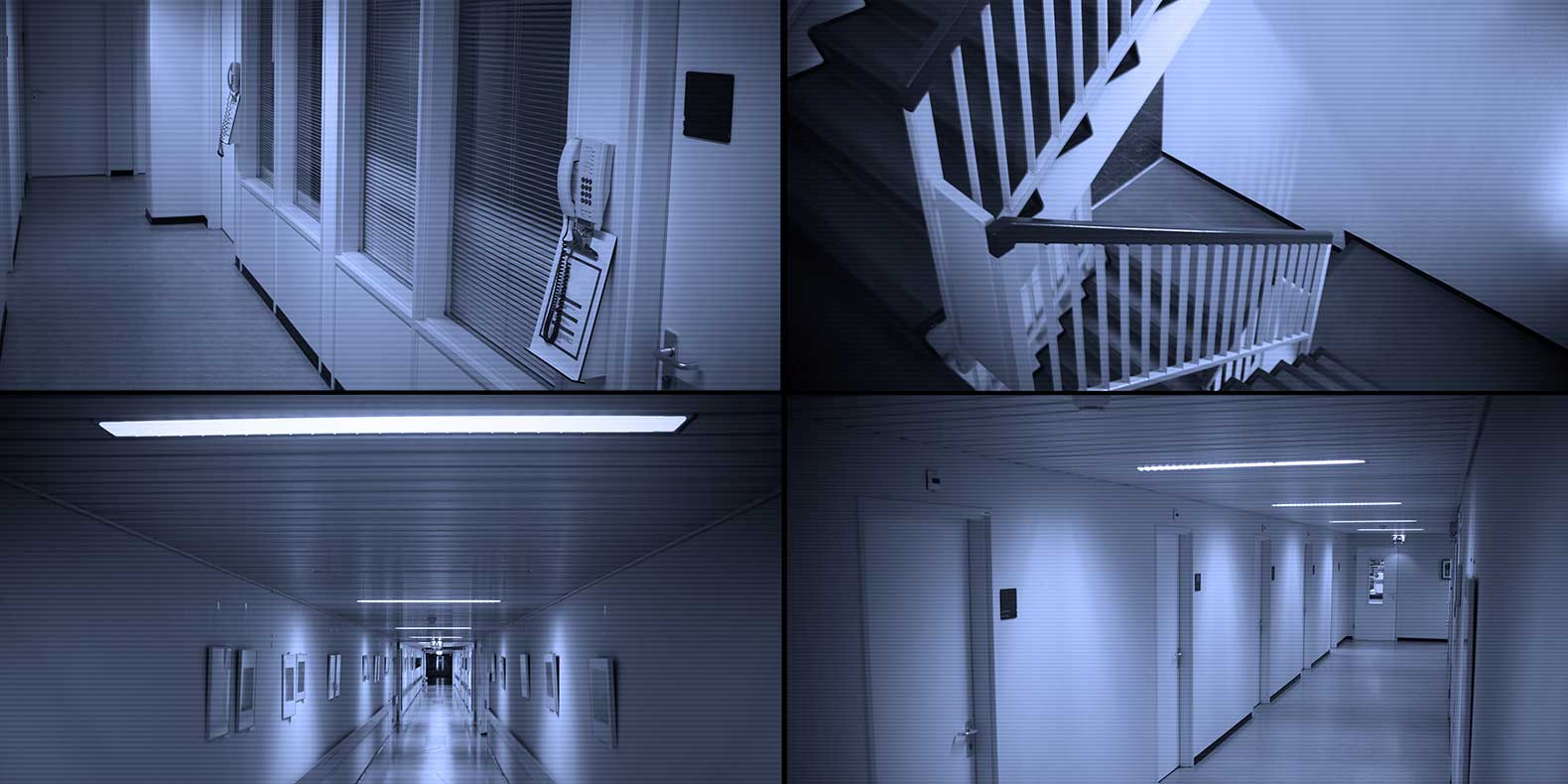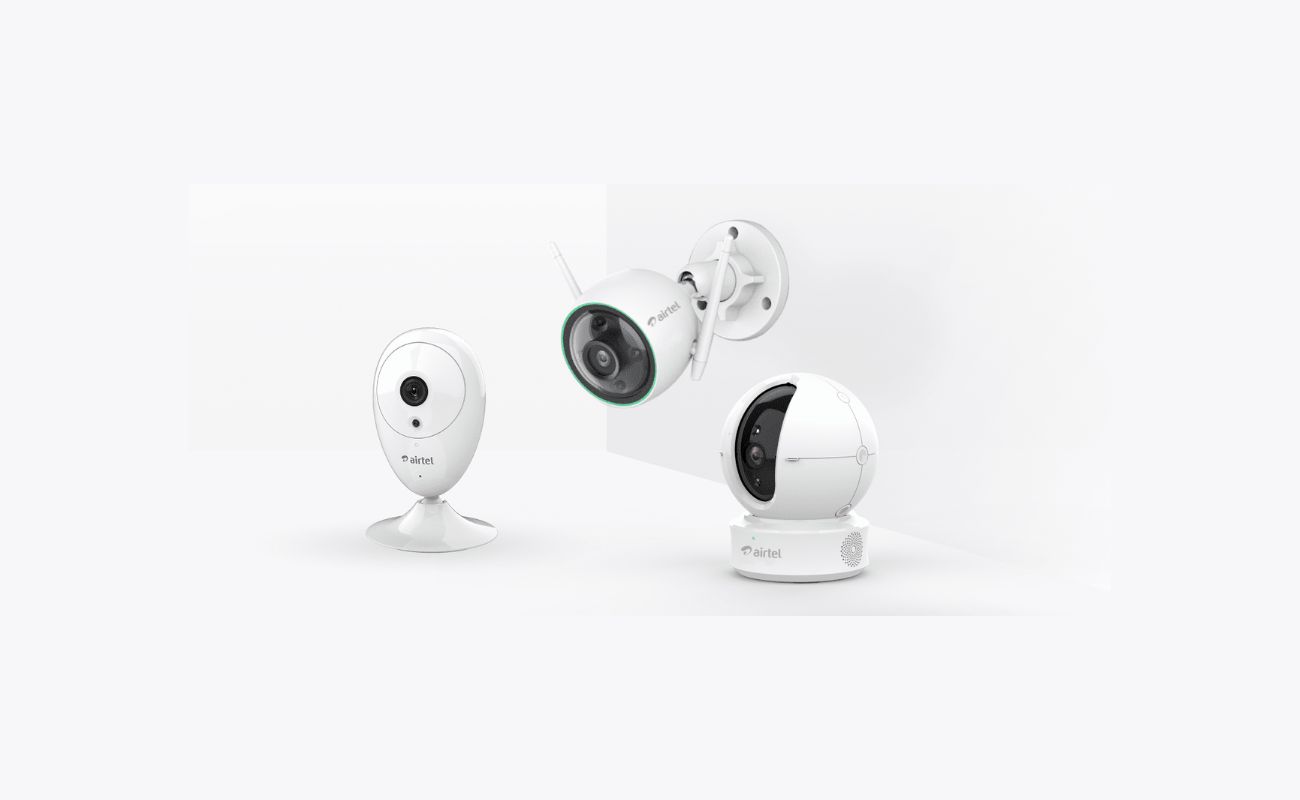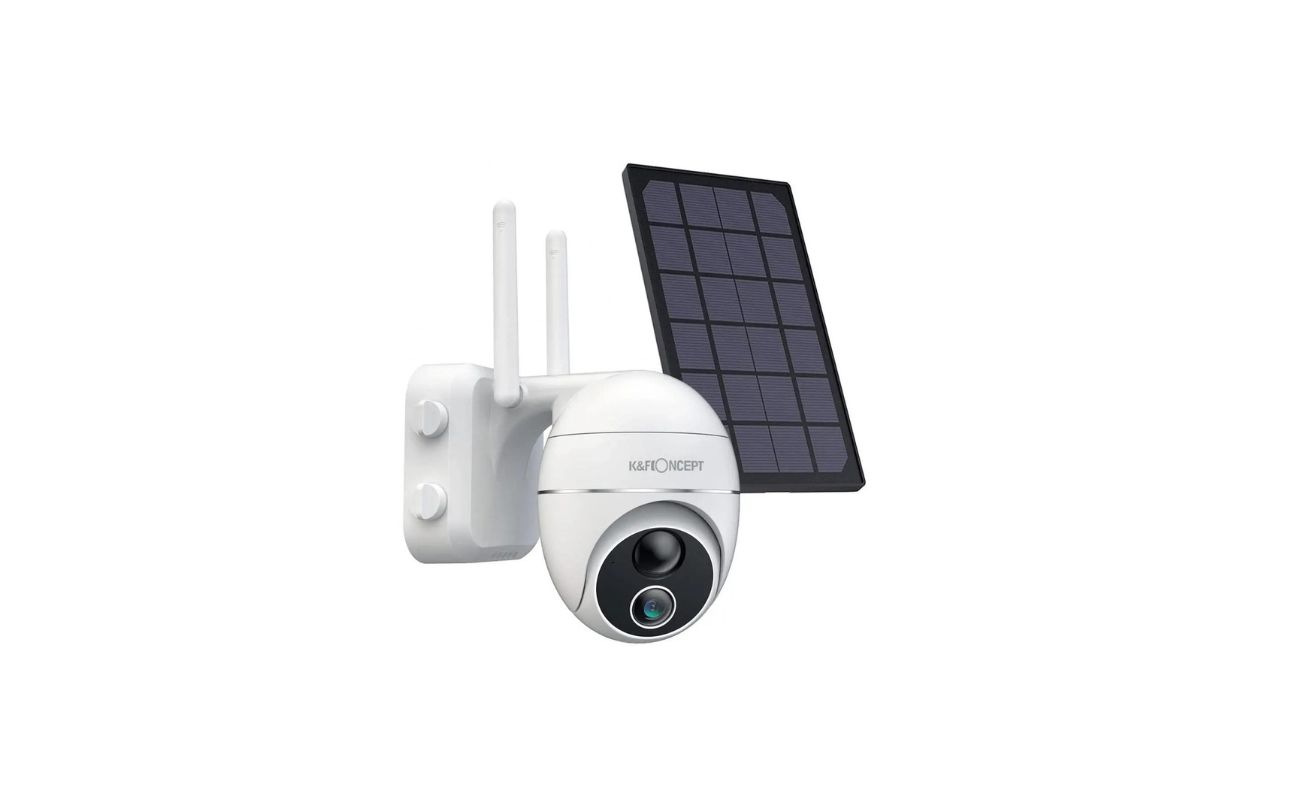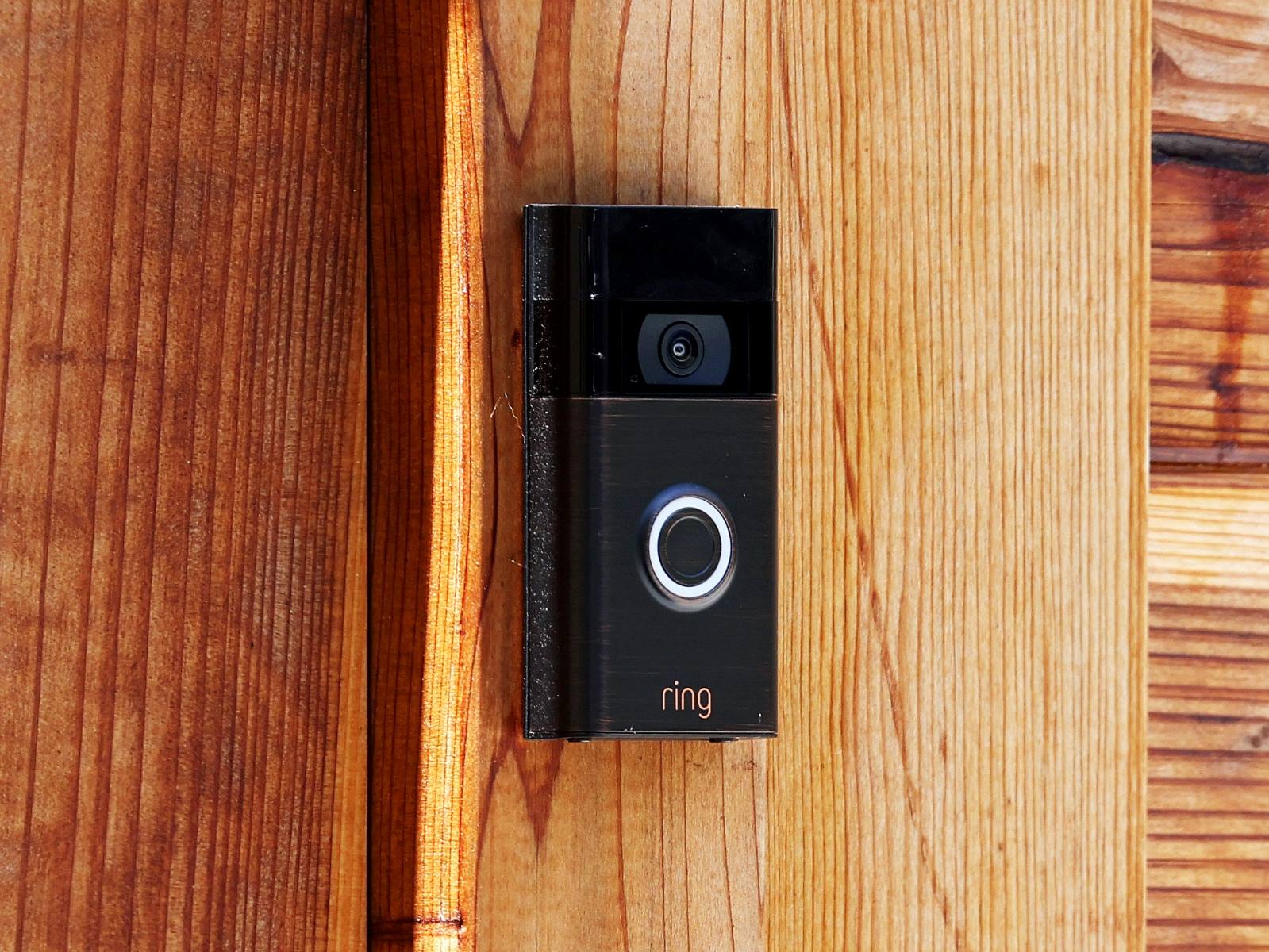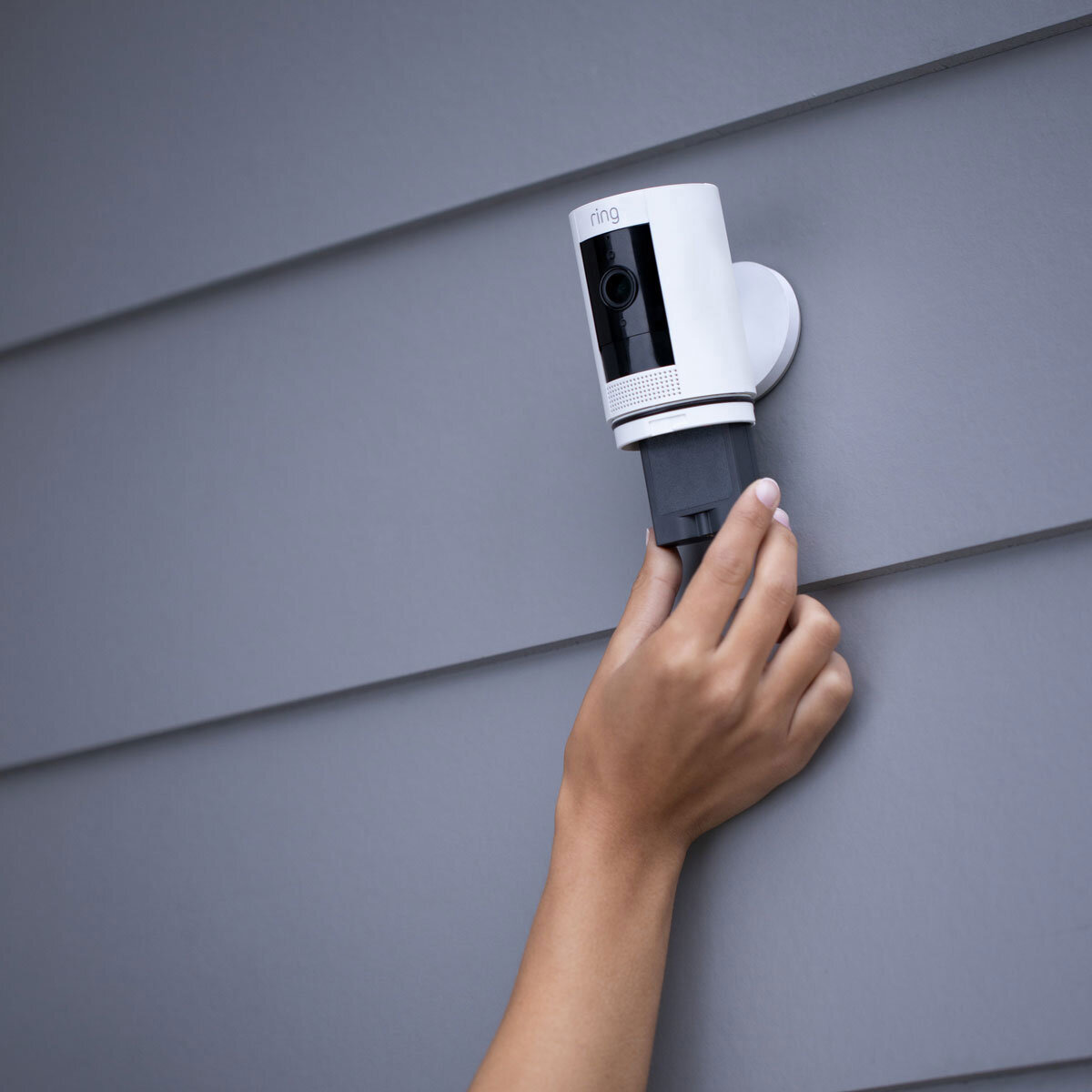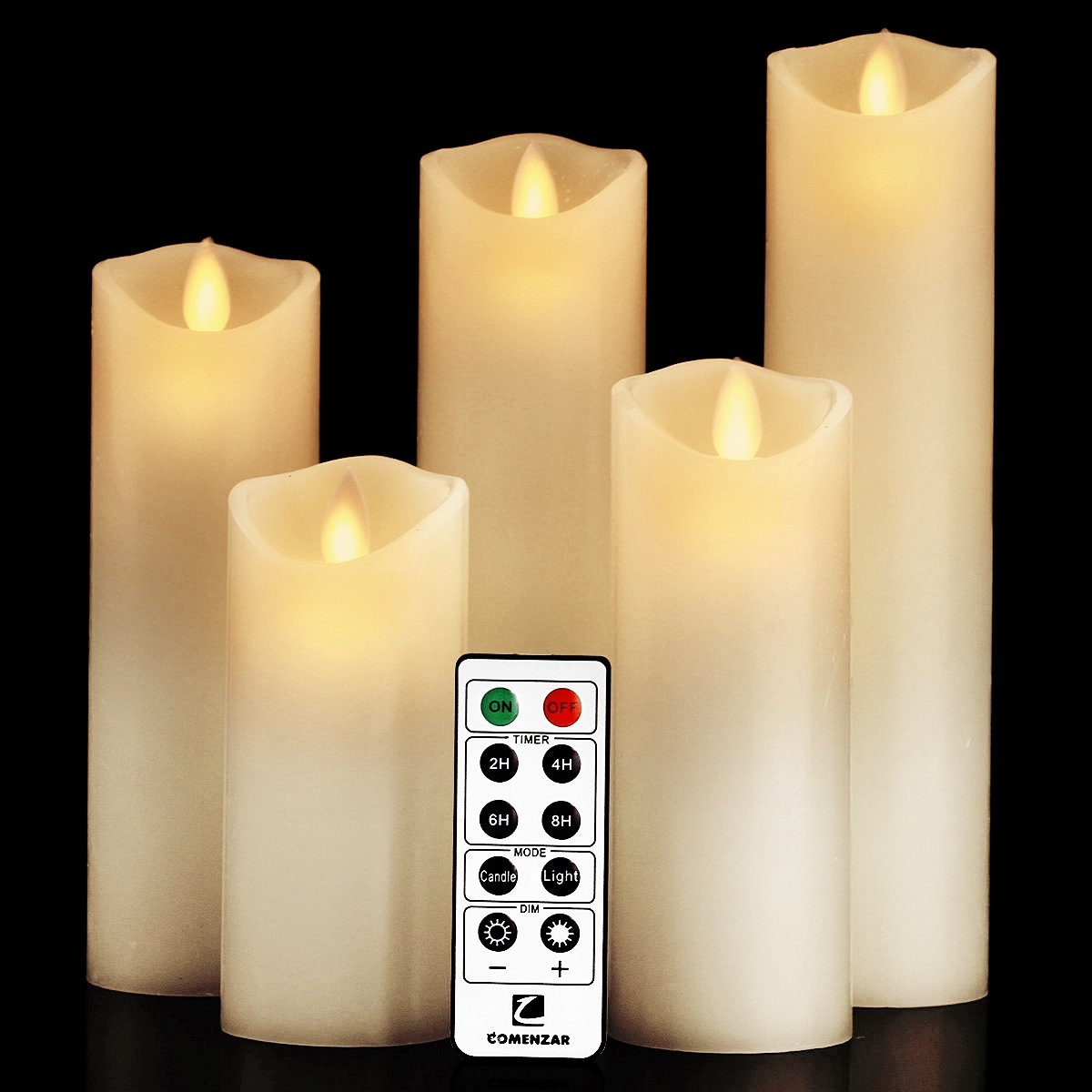Home>Home Security and Surveillance>How Long Do The Batteries Last In A Wireless Security Camera?
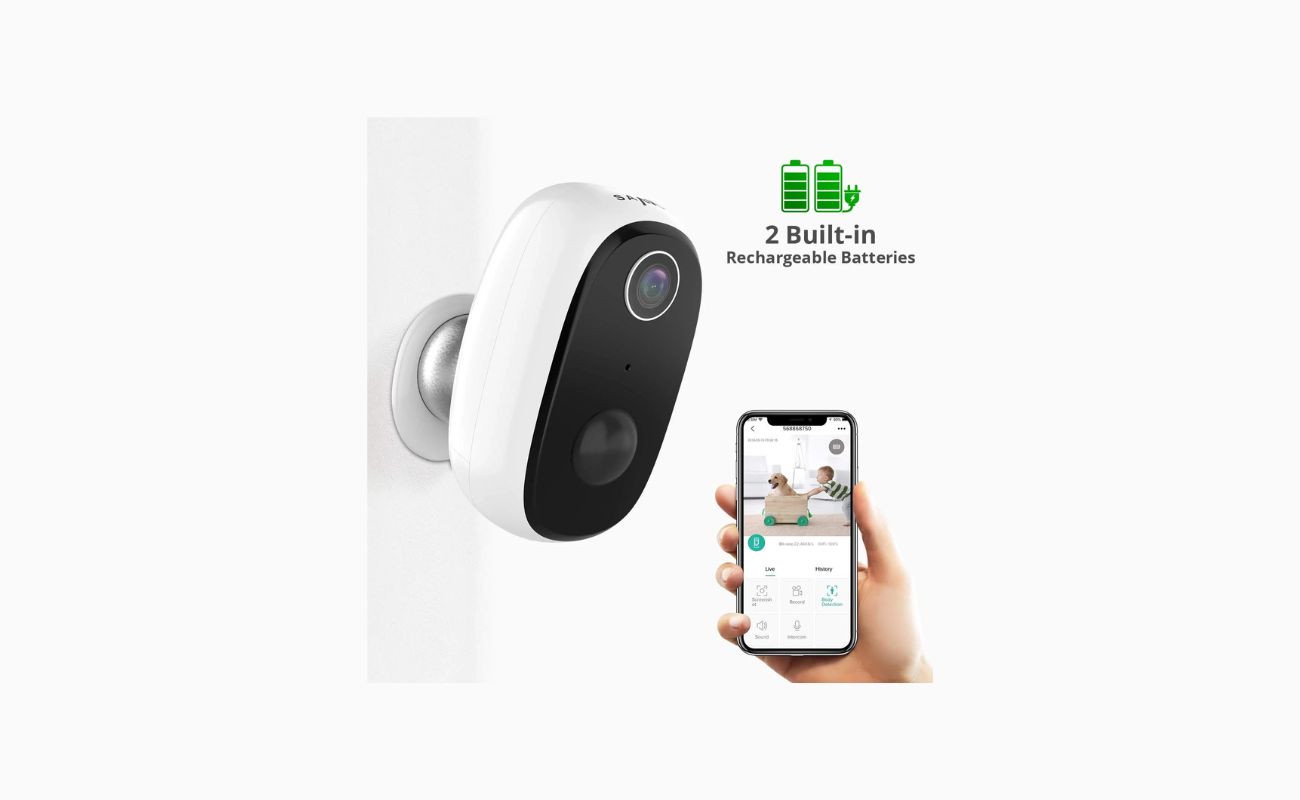

Home Security and Surveillance
How Long Do The Batteries Last In A Wireless Security Camera?
Modified: March 6, 2024
Discover the battery life of wireless security cameras for home security and surveillance. Find out how long batteries typically last and make an informed decision for your protection.
(Many of the links in this article redirect to a specific reviewed product. Your purchase of these products through affiliate links helps to generate commission for Storables.com, at no extra cost. Learn more)
Introduction
Welcome to the world of home security and surveillance! In an era where technology reigns supreme, wireless security cameras have become an essential part of many households. These devices provide peace of mind by allowing homeowners to monitor their property remotely and deter potential intruders. One crucial aspect of wireless security cameras that often comes into question is the lifespan of their batteries.
Given their cordless nature, wireless security cameras rely on batteries to power their operation. Understanding how long these batteries last is important in determining the maintenance and overall effectiveness of your security system. In this article, we will delve into the various factors that affect battery life, explore the differences in battery performance across different brands, provide tips on maximizing battery life, and compare battery life with wired security cameras.
Key Takeaways:
- Keep your wireless security cameras running longer by adjusting motion detection settings, scheduling recordings, and optimizing video quality. Regular maintenance and proper placement also play a key role in maximizing battery life.
- While wired security cameras have unlimited power, wireless cameras offer flexibility. Consider your specific needs and property size when choosing between the two. Always consult professionals for the best security camera system.
Factors Affecting Battery Life
Several factors play a role in determining how long the batteries of wireless security cameras will last. Understanding these factors will help you optimize the battery life of your security system.
- Camera Usage: The frequency and duration for which you use your security cameras have a direct impact on battery life. If your cameras are constantly recording or streaming video, the batteries will drain faster compared to cameras that are only activated by motion detection.
- Motion Detection Sensitivity: Most wireless security cameras come with motion detection capabilities. The sensitivity level of the motion detection feature affects battery life. Higher sensitivity means the camera is more likely to be triggered by any movement, resulting in increased battery consumption.
- Video Quality: The resolution and frame rate of the video being recorded by your cameras can impact battery life. Higher video quality settings require more power to process and transmit the video, leading to faster battery drain.
- Environmental Factors: The climate and temperature in which your wireless security cameras are installed can affect battery performance. Extreme cold or heat can reduce battery life. It is recommended to choose cameras that are designed to withstand various weather conditions.
- Wireless Signal Strength: Poor wireless signal strength can cause the cameras to consume more power as they try to maintain a stable connection. Make sure your cameras are placed within the range of a strong Wi-Fi signal to minimize battery drain.
- Battery Capacity: The capacity of the batteries used in the wireless cameras will also impact battery life. Cameras with higher capacity batteries will generally last longer before needing to be recharged or replaced.
By considering these factors and making appropriate adjustments, you can maximize the battery life of your wireless security cameras and ensure continuous surveillance of your home.
Battery Life of Different Wireless Security Camera Brands
When it comes to wireless security cameras, different brands offer varying battery life performance. Let’s take a look at some popular brands and their estimated battery life.
- Brand X: Known for their efficient power management, Brand X wireless security cameras can last up to 6 months on a single charge. This is achieved through intelligent scheduling and optimization of power consumption.
- Brand Y: Brand Y cameras boast a battery life of approximately 4-5 months. They prioritize energy-saving features without compromising on video quality or functionality.
- Brand Z: With advanced battery technology, Brand Z cameras can operate for up to 8 months on one charge. They have implemented power-saving algorithms and offer customizable settings to maximize battery efficiency.
- Brand W: Brand W’s wireless security cameras provide an impressive battery life of around 9-12 months. Their cameras are designed with low-power consumption components, allowing for extended surveillance without frequent recharging.
It’s important to note that the actual battery life may vary based on usage patterns, environmental factors, and specific camera models within each brand. Always refer to the manufacturer’s specifications for accurate information regarding battery life.
Before making a purchase, it’s a good idea to compare the battery life of different brands and evaluate how it aligns with your surveillance needs. Consider factors such as the size of your property, the number of cameras required, and the intended usage to determine the most suitable option for your home security system.
By choosing a brand that offers optimal battery life, you can enjoy extended periods of uninterrupted surveillance without the hassle of frequent battery replacements or recharging.
To maximize the battery life of a wireless security camera, consider using a camera with a longer battery life, reducing the frequency of motion detection, and placing the camera in an area with good Wi-Fi signal strength.
Tips to Maximize Battery Life
To ensure that your wireless security cameras have a prolonged battery life, here are some helpful tips:
- Optimize Motion Detection Settings: Adjust the motion detection sensitivity on your cameras to strike a balance between accurate motion detection and battery conservation. Experiment with different sensitivity levels to find the optimal setting for your needs.
- Schedule Recording: Instead of having your cameras record 24/7, consider setting specific timeframes for recording. This way, you can conserve battery life by capturing footage only during important hours or when you are away from home.
- Adjust Video Quality Settings: If battery life is a priority, consider lowering the video resolution and frame rate on your cameras. This reduces the amount of processing and data transmission required, resulting in longer battery life.
- Regularly Check Wireless Signal Strength: Ensure that your cameras are within the range of a strong Wi-Fi signal. Weak signal strength can cause the cameras to consume more power as they try to maintain a connection, draining the battery faster.
- Turn Off Unnecessary Features: Some wireless security cameras come with additional features such as audio recording or cloud storage. If these features are not essential to your needs, consider disabling them to conserve battery power.
- Utilize Power Saving Modes: Many camera models offer power-saving modes or sleep modes. Enable these features to put your camera into a low-power state when not in use, saving battery life without compromising security.
- Ensure Proper Placement: Install your wireless security cameras in strategic locations where they can capture the desired surveillance area. This avoids unnecessary trigger events and prolongs battery life by reducing false alarms.
- Regularly Clean and Maintain Cameras: Dust or debris accumulation on camera lenses can reduce image quality and force the camera to work harder, consuming more power. Clean the lenses regularly to maintain optimal performance and preserve battery life.
Following these tips will help you optimize the battery life of your wireless security cameras, allowing for extended periods of surveillance without the need for frequent recharging or battery replacements.
Comparison of Battery Life with Wired Security Cameras
When it comes to battery life, wired security cameras have the advantage over wireless security cameras. Unlike their wireless counterparts, wired cameras do not rely on batteries for power. Instead, they are directly connected to a power source, ensuring uninterrupted operation.
Wired security cameras can operate 24/7 without the need for battery replacements or recharging. This makes them ideal for locations where constant surveillance is required, such as businesses or high-security areas.
On the other hand, wireless security cameras provide a level of flexibility that wired cameras cannot match. They can be easily installed in various locations without the restrictions of power outlets or wiring. Wireless cameras are especially useful in situations where running wires is impractical or costly.
While wired cameras have the advantage of unlimited power supply, it’s important to consider the potential drawbacks. Power outages can disrupt the functionality of wired cameras, leaving you vulnerable during an outage. Additionally, wired cameras may require professional installation to ensure proper power and data connectivity.
When comparing battery life, wired cameras have a clear advantage as they don’t rely on batteries at all. Wireless security cameras, on the other hand, require periodic battery charging or battery replacements. However, advancements in battery technology have improved the battery life of wireless cameras, providing extended periods of operation on a single charge.
Ultimately, the choice between wired and wireless security cameras depends on your specific needs and preferences. If continuous surveillance is a top priority and power is readily accessible, wired cameras may be the better option. However, if flexibility, ease of installation, and the ability to place cameras in various locations are important, wireless cameras with optimized battery life can be a great solution.
Consider factors such as the size of your property, surveillance requirements, and budget when making a decision between wired and wireless security cameras. It’s also advisable to consult with a professional to assess your specific security needs and recommend the most suitable option.
Conclusion
Choosing a wireless security camera for your home is a crucial decision, and understanding the battery life aspects is essential to ensure continuous surveillance without interruptions. In this article, we explored the various factors that can affect battery life, such as camera usage, motion detection sensitivity, video quality, environmental factors, wireless signal strength, and battery capacity.
We also discussed the battery life performance of different wireless security camera brands, providing estimated durations for single charges. However, it’s important to note that actual battery life may vary based on usage patterns and specific camera models.
To maximize the battery life of your wireless security cameras, we provided some useful tips, including optimizing motion detection settings, scheduling recording times, adjusting video quality settings, checking wireless signal strength, turning off unnecessary features, utilizing power-saving modes, properly placing the cameras, and regularly cleaning and maintaining them.
Furthermore, we compared the battery life of wireless security cameras with their wired counterparts. While wired cameras have the advantage of consistent and uninterrupted power, wireless cameras offer flexibility in terms of installation and placement.
In conclusion, when choosing a security camera, consider your specific needs, property size, surveillance requirements, and budget. Evaluate the battery life performance of different brands, and consider the pros and cons of wireless and wired cameras. With proper maintenance and optimization, you can enjoy extended periods of surveillance and have peace of mind knowing that your property is protected.
Remember to always refer to the manufacturer’s specifications for accurate information regarding battery life and consult with professionals to ensure you select the best security camera system for your home. With advanced technology and smart battery management, wireless security cameras have become reliable and efficient tools in keeping your home safe and secure.
Frequently Asked Questions about How Long Do The Batteries Last In A Wireless Security Camera?
Was this page helpful?
At Storables.com, we guarantee accurate and reliable information. Our content, validated by Expert Board Contributors, is crafted following stringent Editorial Policies. We're committed to providing you with well-researched, expert-backed insights for all your informational needs.
